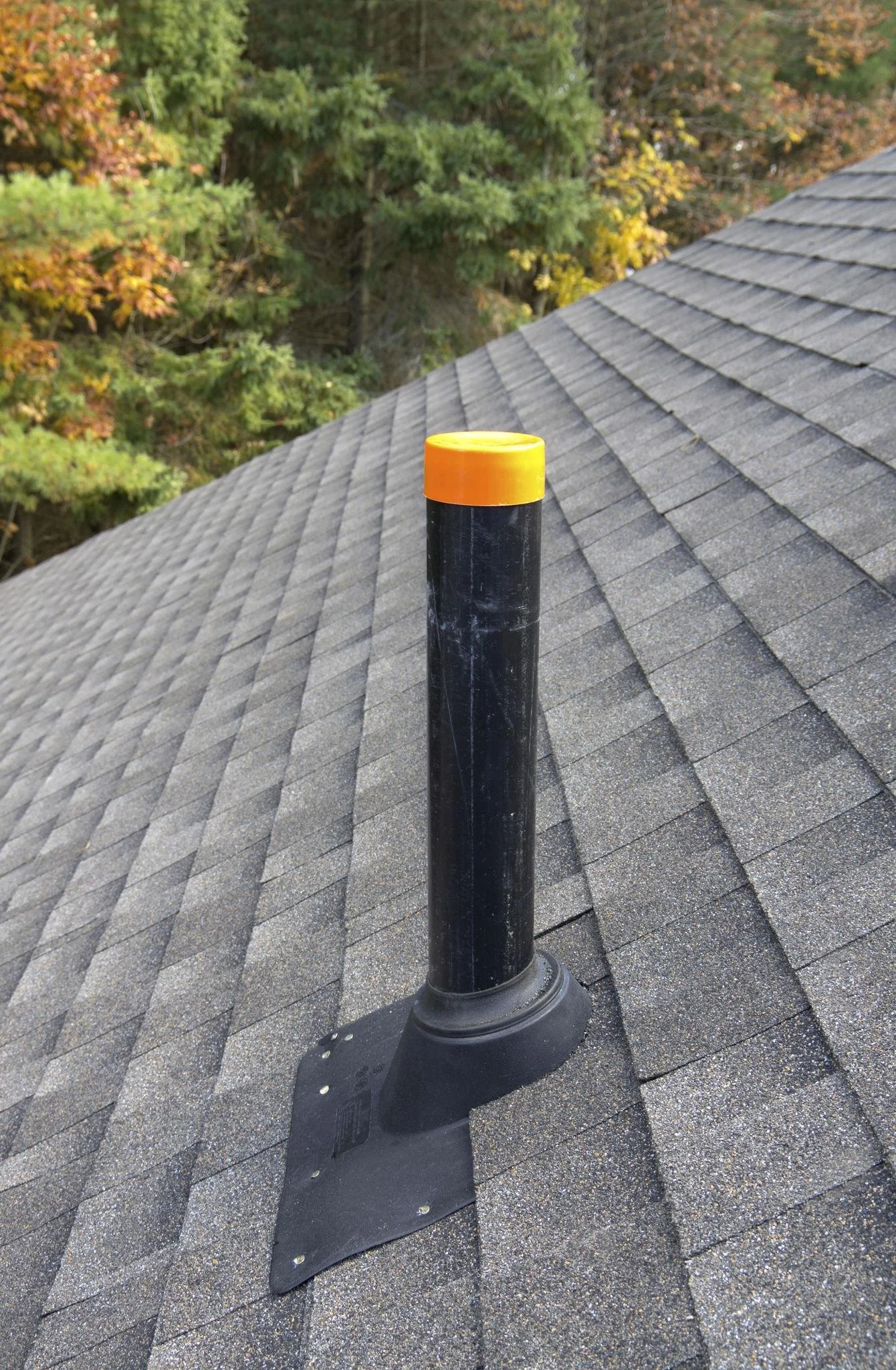
How Drain-Waste-Vent Systems Work: The Homeowner’s Guide to Drains, Traps, and Vents
Your home’s drain-waste-vent (DWV) system works quietly behind the walls to move wastewater out, keep sewer gases from coming back in, and help every sink, toilet, and shower drain properly. When something goes wrong, the warning signs are usually hard to ignore—slow drains, gurgling sounds, unpleasant odors, or even sewage backups. This homeowner-friendly guide explains how DWV systems work, what commonly fails, what inspectors look for, and when it’s time to call a professional—so you can spot problems early and protect your home before small issues turn into costly repairs.

Expansive Clay Soil: The Hidden Force That Cracks Foundations
Expansive clay soil swells when wet and shrinks when dry; pushing and pulling on your home’s foundation and causing cracks. A post-tensioned slab-on-ground uses tightened steel cables to compress the concrete, helping it resist soil movement. That’s why it’s used in so many modern homes.

Why an Unlevel HVAC Condenser Is a Big Problem in Central Texas
In Central Texas, shifting clay soil causes HVAC condenser pads to tilt every year and most homeowners don’t realize the damage it causes. An unlevel AC or heat pump can lead to oil starvation inside the compressor, refrigerant flow problems, vibration, frozen coils, and premature system failure.
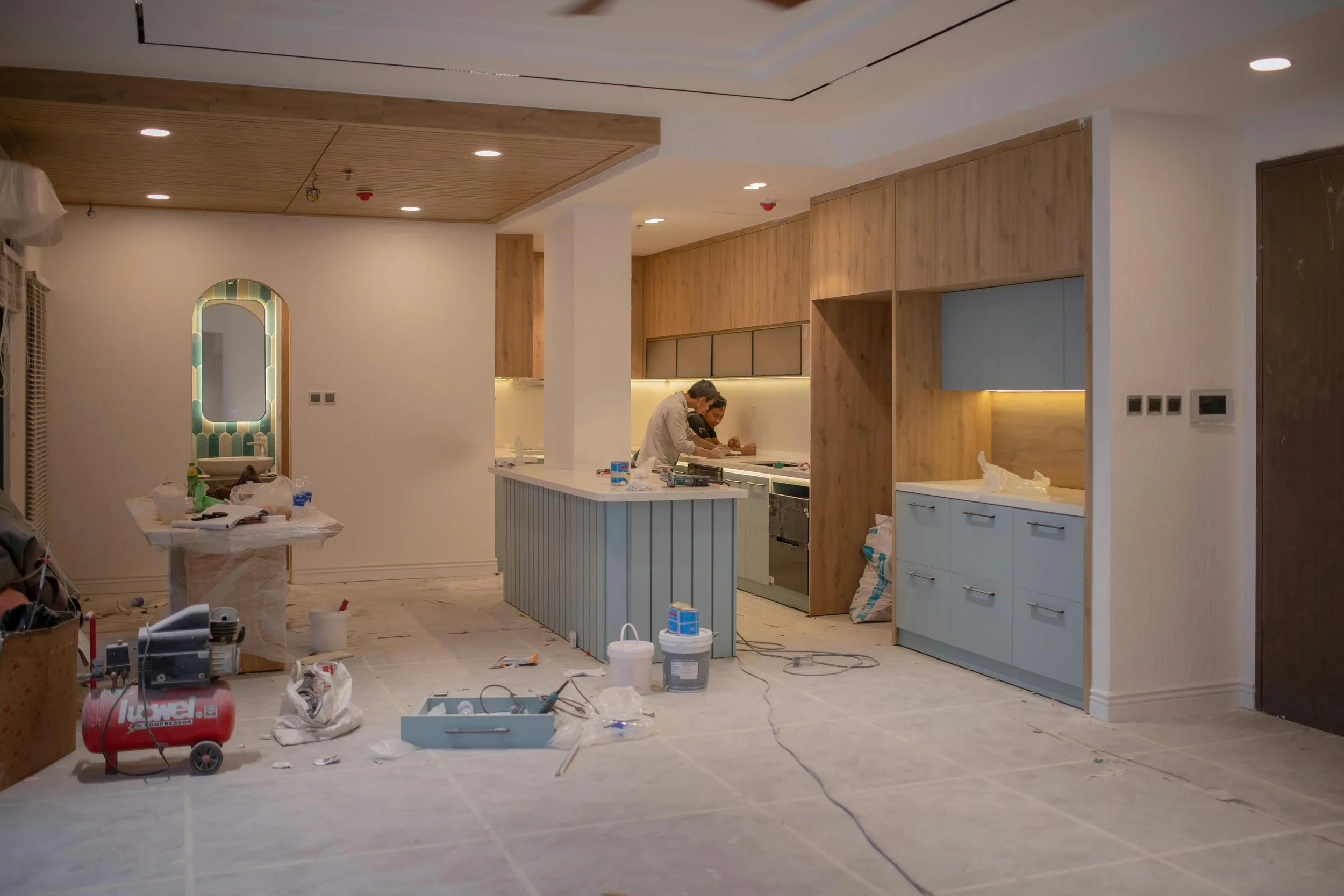
Finishing Touches and the Final Walkthrough
In this final part of our homebuilding series, we explore how drywall, paint, flooring, siding, and fixtures come together and why this phase is the perfect time for your Phase 3 inspection and final walkthrough.

Understanding the Rough-In Stage for Electrical, Plumbing & HVAC
Once a home is dried-in, the rough-in for plumbing and electrical begins. This phase builds the essential framework that powers your home’s comfort and functionality.
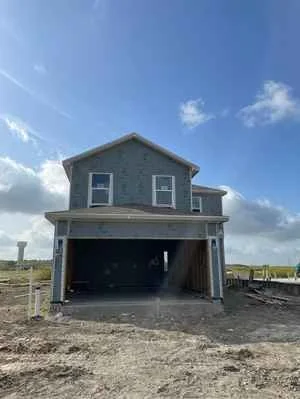
The Dry-In Stage of Home Construction
The dry-in stage creates the protective shell that keeps a new home safe from Central Texas rain, heat, and humidity. Learn how roof sheathing, WRBs, flashing, and openings all work together.

Framing Begins: Anchors, Walls, and Roof
After the foundation cures and anchors are set, the framing phase begins: anchoring the bottom plates, erecting the walls in the right order and topping it off with the roof framing.

Building a Strong Foundation: How Post-Tensioned Slabs Are Placed, Cured, and Stressed
Post-tensioned concrete slabs use high-strength steel cables to reinforce your home’s foundation from within. Once the concrete cures and those cables are tensioned, the slab resists cracking and soil movement: two of the biggest threats to Texas homes. This article breaks down what actually happens during placement, curing, and stressing, according to Post-Tensioning Institute standards, so you can understand what’s happening beneath your home.

What Happens Before Your Slab Is Poured
Before a post-tension slab foundation is poured, an incredible amount of work happens behind the scenes. This blog walks homeowners through each step that takes place after the plumbing is roughed in and before the first drop of concrete is placed. You’ll see how crews build and level the wooden forms that shape the slab, compact and treat the soil for stability and termites, install the vapor barrier to block moisture, and set the steel rebar and post-tension cables that give the foundation its strength. It also explains how these cables are positioned, secured, and inspected before the pour to ensure the slab performs as designed. By understanding what goes into this process, homeowners can recognize quality workmanship and gain confidence that their foundation is being built the right way.
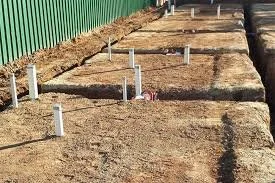
Plumbing Rough-In Before a Post-Tension Slab Foundation Pour
Before a concrete foundation is ever poured, one of the most important construction steps takes place — the plumbing rough-in. In slab-on-grade homes, especially those built with post-tension slabs, all drain and water lines must be precisely installed beneath the foundation. Once the slab is poured, those pipes are locked in for the life of the home. This article breaks down how under-slab plumbing is planned, installed, and tested — and why careful rough-in work is the key to a strong, problem-free foundation.

GFCI Outlets: Why They Matter in Your Home
Ever noticed those outlets with the little “Test” and “Reset” buttons? They’re more than just unusual-looking plugs—they’re life-saving devices called GFCI outlets. Designed to shut off power in an instant when electricity takes a dangerous path, these outlets are your home’s frontline defense against shocks, especially in kitchens, bathrooms, and outdoor spaces. In this post, we’ll break down how GFCIs work, why they matter, and where you should have them in your home.

Double-Tapped Breakers and Bus Bars: A Central Texas Homeowner’s Guide
Double-tapped breakers and bus bars are common electrical issues found in Central Texas homes. While they may look minor, these hidden wiring mistakes can create loose connections, overheating, and even fire risks. The good news? A licensed electrician can usually fix them quickly and affordably. Learn why double taps happen, why they’re unsafe, and how professionals address them to keep your home safe.
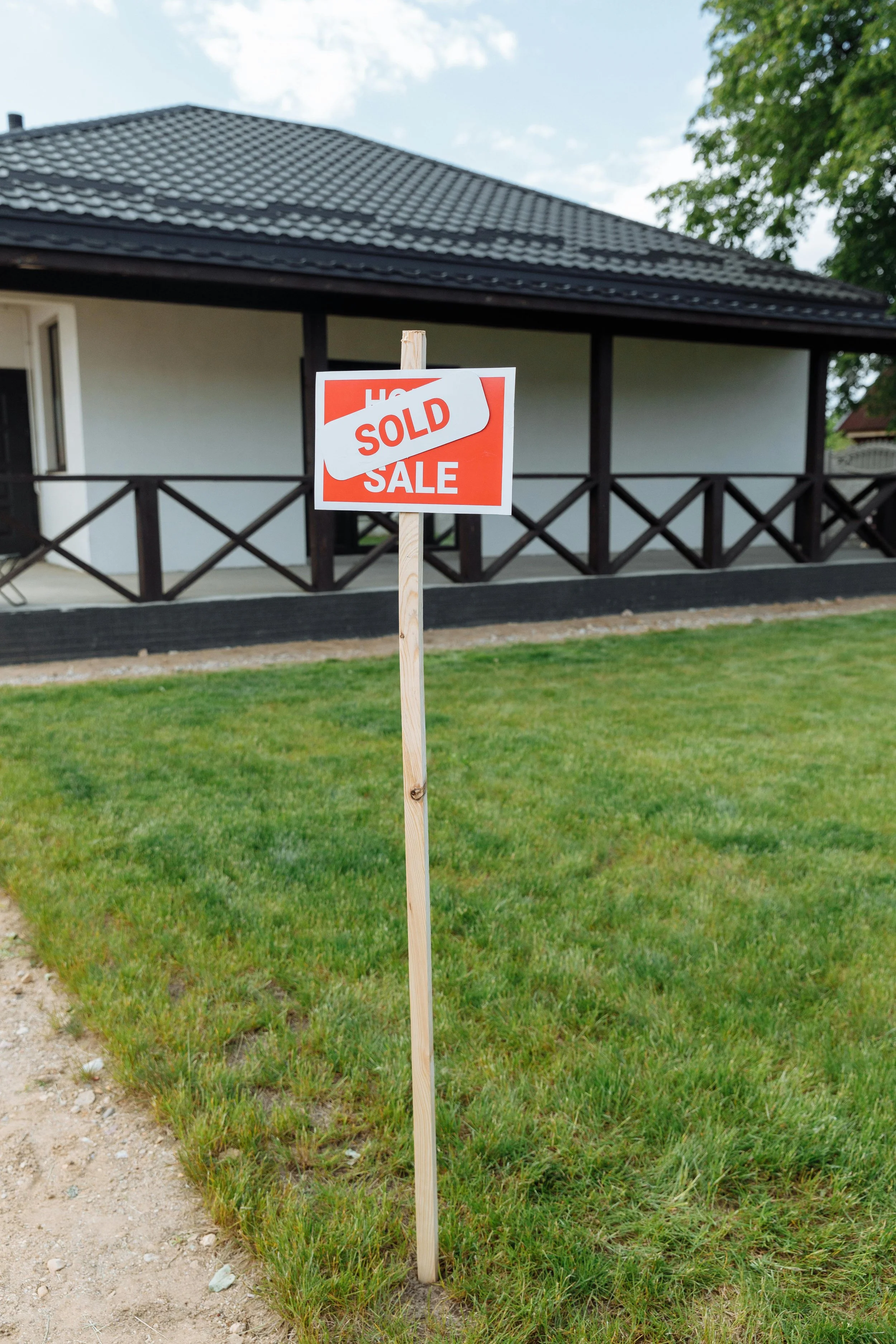
Unlock Faster Home Sales in Today’s Texas Market: The Pre-Listing Inspection Advantage
Beat Central Texas' slow market! Learn how pre-listing inspections help San Antonio, Austin, New Braunfels & more sellers close faster + save money.

6 Summer Deck Safety Issues Every Hill Country Homeowner Should Check Today
Is your deck ready for summer? Learn about 6 common safety issues homeowners in New Braunfels, San Antonio, Austin, and the Hill Country should watch for. From loose railings to rotting wood, these signs could point to serious risks. Texas Property Inspections shares what to look for before your next outdoor gathering.
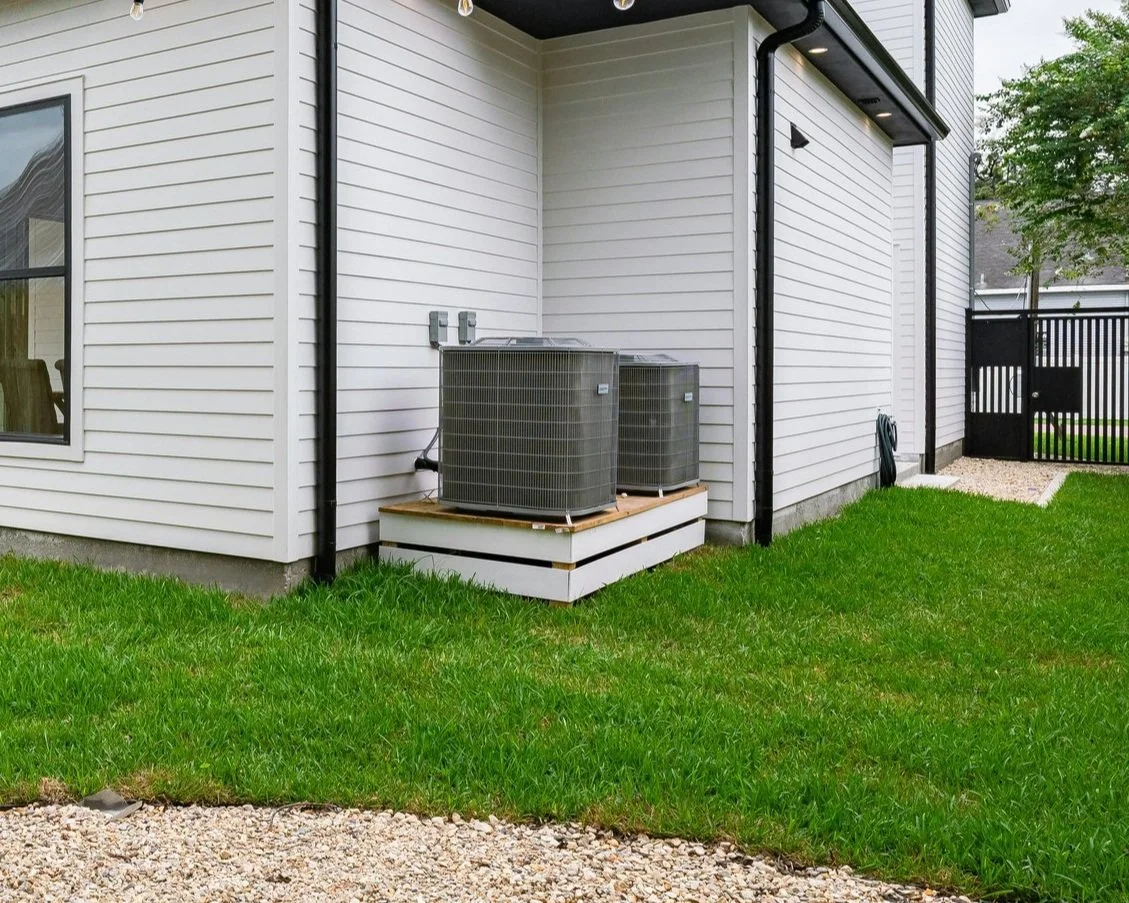
Don’t Sweat It: DIY & Pro HVAC Maintenance Tips to Keep Your Cool
Discover essential DIY and professional HVAC maintenance tips to boost efficiency, improve indoor air quality, and extend your system’s lifespan—all year round.

Why Do Floor Tiles Pop Up? Causes, Fixes & What to Look For
Noticing tiles lifting or cracking in your home? Tile popping is a common but often misunderstood issue that can signal anything from poor installation to moisture problems or foundation movement. Learn what causes floor tiles to pop, how to tell if it’s serious, and how a home inspection can help identify the root cause before it leads to bigger headaches.
